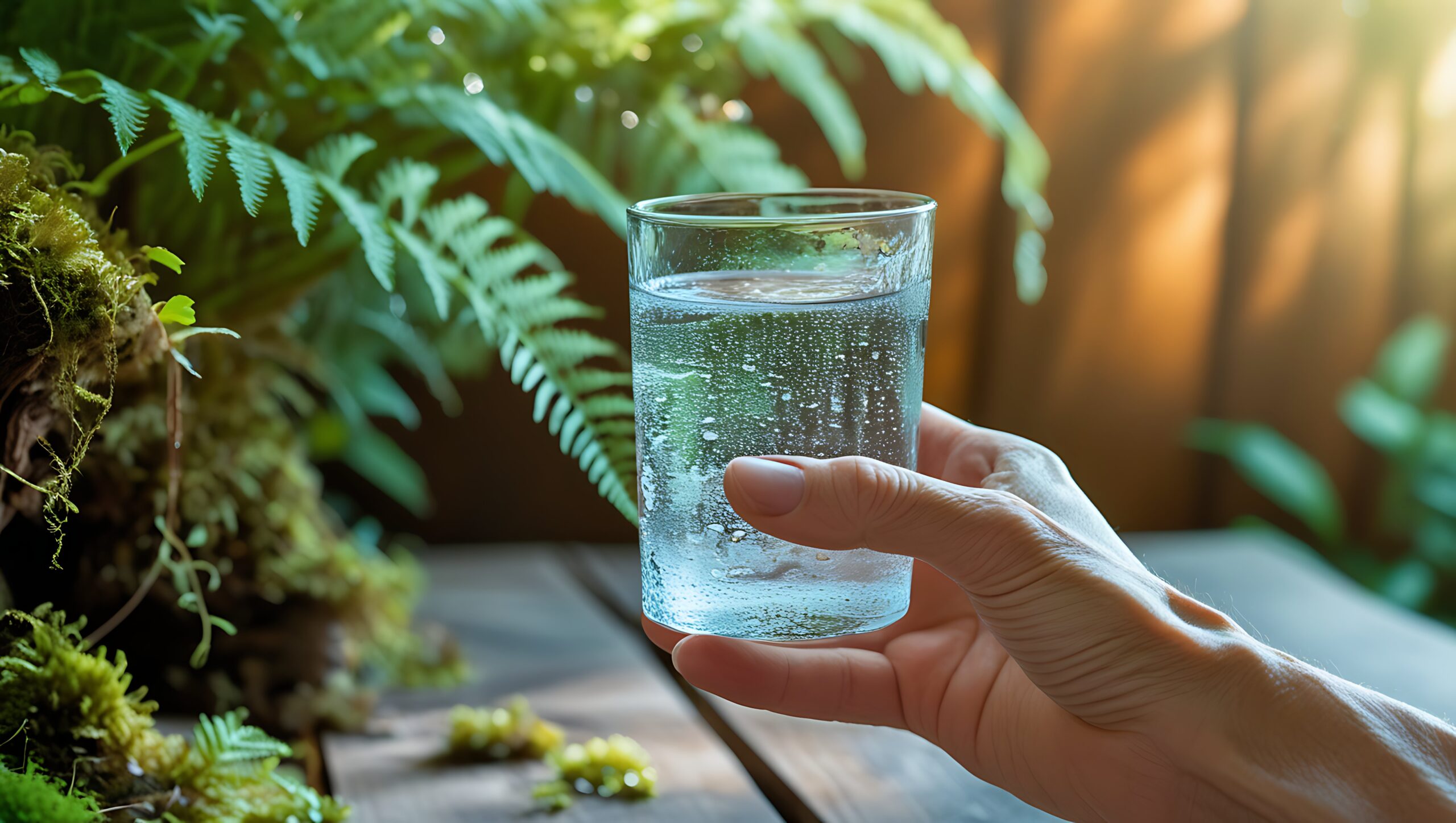How to Control High Blood Pressure Naturally
High blood pressure, also known as hypertension, is a silent threat that increases the risk of heart disease, stroke, and kidney problems. Fortunately, many people can manage their blood pressure with natural lifestyle changes—without solely relying on medication. Here are effective, evidence-based ways to naturally control high blood pressure.
1. Eat a Heart-Healthy Diet (DASH Diet)
The DASH (Dietary Approaches to Stop Hypertension) diet emphasizes fruits, vegetables, whole grains, low-fat dairy, and lean proteins. Reducing sodium and increasing potassium intake through natural foods helps lower blood pressure.
2. Reduce Sodium Intake
Too much salt in the diet causes the body to retain water, increasing blood pressure. Limit sodium to less than 2,300 mg per day (or 1,500 mg if you’re at risk). Read food labels and avoid processed snacks and canned soups.
3. Exercise Regularly
Aim for at least 30 minutes of moderate exercise—like brisk walking, swimming, or cycling—on most days. Regular activity strengthens the heart, improves blood flow, and lowers resting blood pressure over time.
4. Maintain a Healthy Weight
Carrying extra weight forces your heart to work harder. Losing even 5–10% of your body weight can significantly reduce blood pressure levels. Pair a healthy diet with regular physical activity for sustainable results.
5. Manage Stress Naturally
Chronic stress can spike blood pressure. Practice stress-reduction techniques like deep breathing, meditation, yoga, or journaling. Getting outdoors and limiting screen time also help calm the nervous system.
6. Limit Alcohol and Caffeine
While small amounts of alcohol may benefit heart health, excessive drinking raises blood pressure. Limit alcohol to no more than 1 drink/day for women and 2 for men. Monitor caffeine’s effect on your body and reduce intake if needed.
7. Quit Smoking
Every cigarette raises blood pressure temporarily, and long-term use damages blood vessels. Quitting smoking improves heart health almost immediately and dramatically lowers the risk of hypertension-related complications.
8. Sleep Well
Quality sleep is essential for heart and blood vessel repair. Aim for 7–9 hours of restful sleep each night. Avoid screens before bed, maintain a consistent routine, and create a calm sleep environment.
9. Drink Hibiscus or Green Tea
Herbal teas like hibiscus and green tea contain antioxidants that may support lower blood pressure. Drink them regularly, unsweetened, as a healthy alternative to sugary drinks.
10. Monitor Your Blood Pressure at Home
Use a reliable at-home monitor to track your progress. Recording your readings daily helps you understand triggers and celebrate improvement. Share results with your healthcare provider.
Conclusion: High blood pressure doesn’t always require medication to manage. With consistent lifestyle changes like healthy eating, exercise, and stress control, you can take control of your numbers and protect your long-term health. Always consult with your healthcare provider before making major changes.
References
- American Heart Association. (2024). High Blood Pressure.
- Centers for Disease Control and Prevention. (2023). Facts About Hypertension.
- National Institutes of Health (NIH). (2023). Blood Pressure Management.
- Mayo Clinic. (2024). 10 ways to control high blood pressure without medication.




